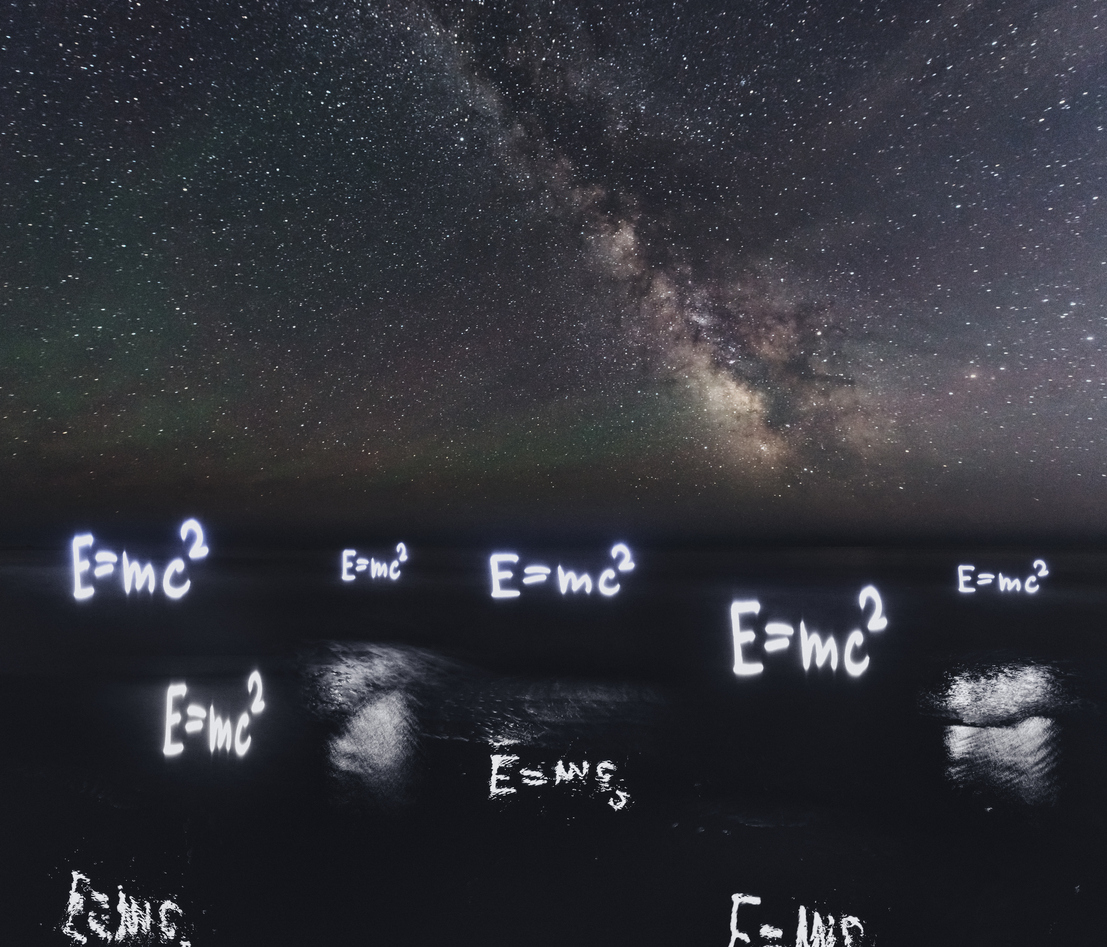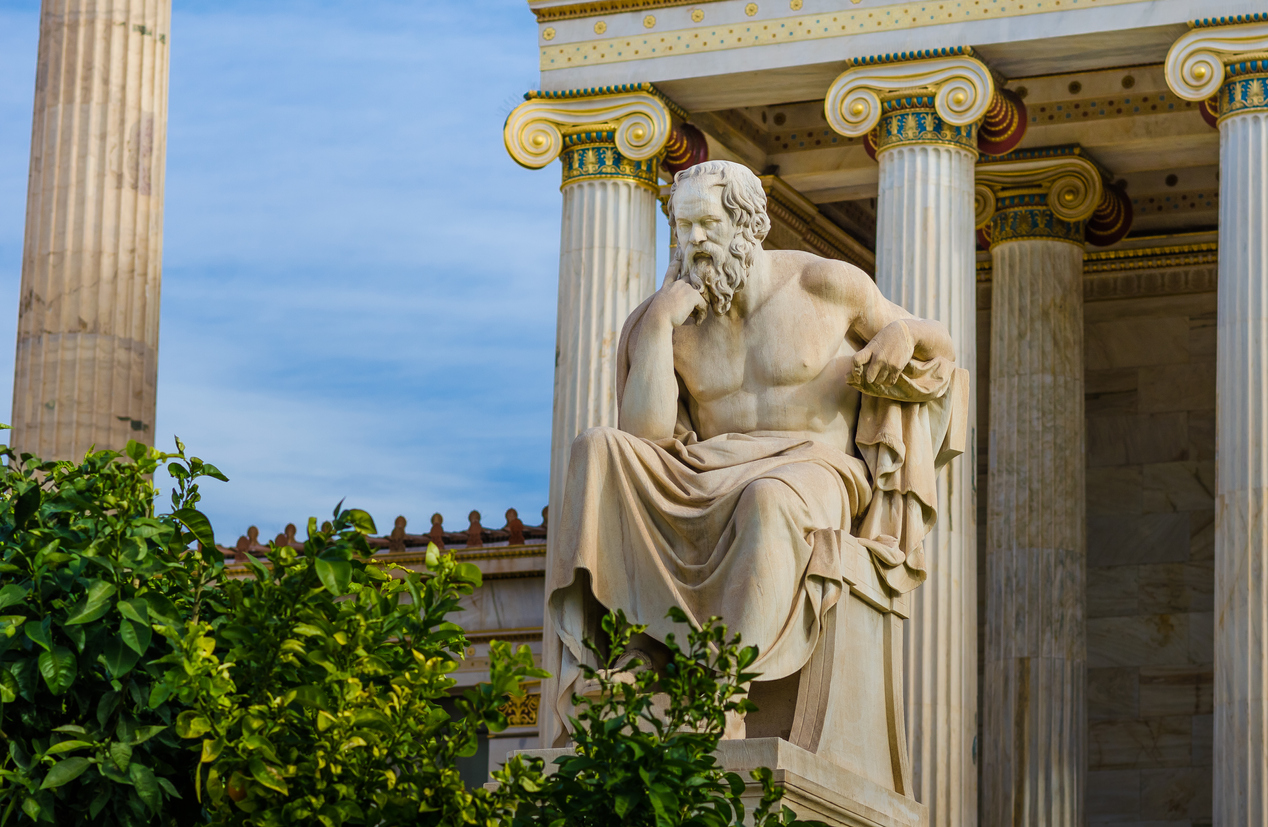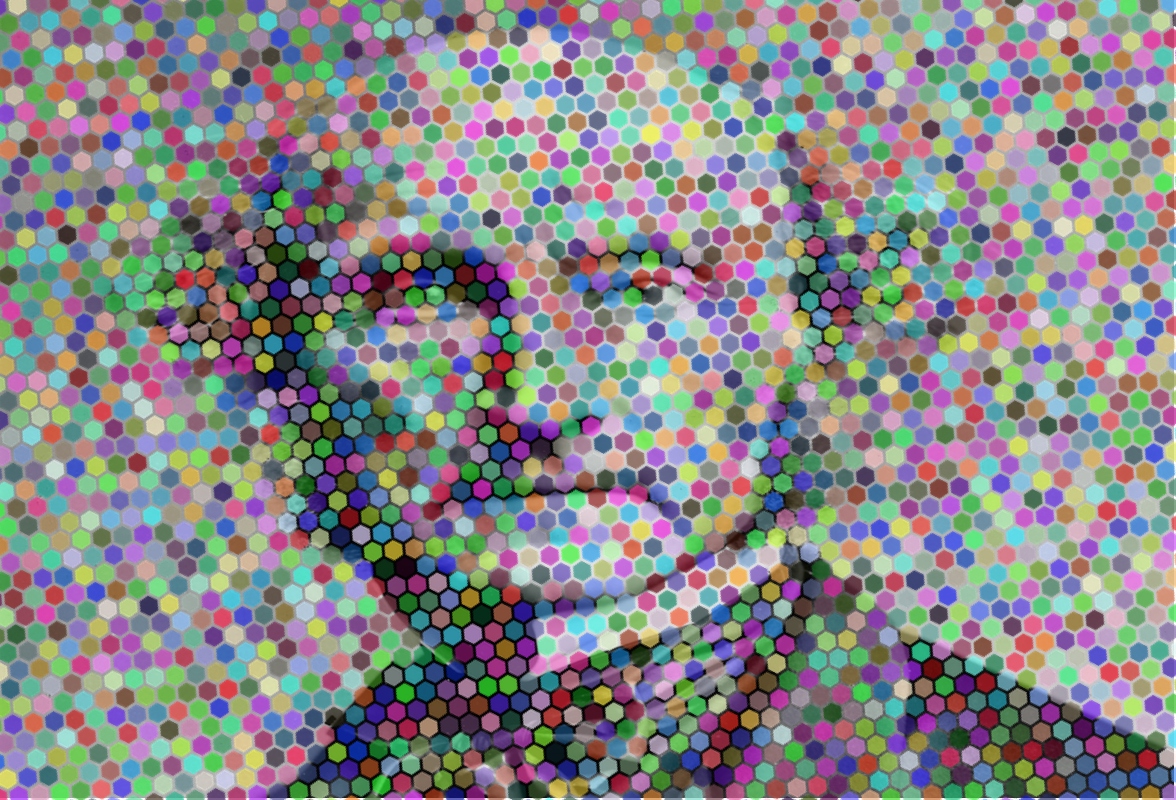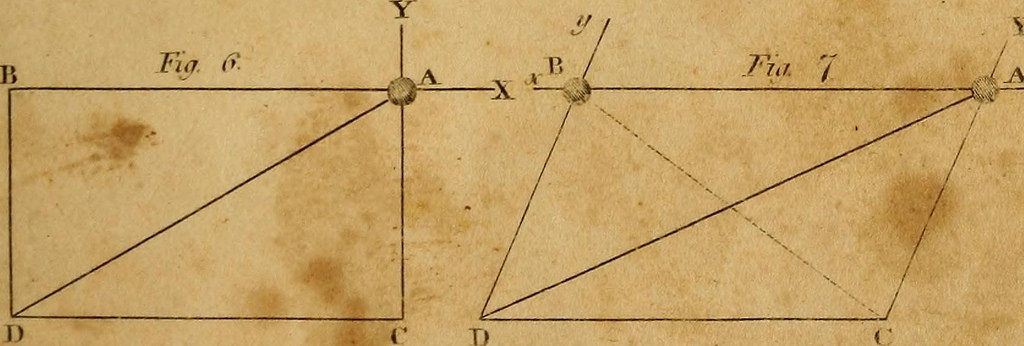Leo Strauss would want us to pursue the question of teleology in nature. Natural right depends on it.
In Defense of Strauss: Is Science Possible?
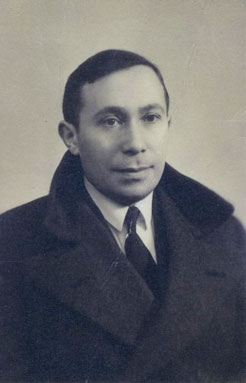
Could it be that the “Aristotelian” teaching of teleology is exoteric?
Glenn Ellmers and J. Eric Wise berate most students of Leo Strauss, or students-of-students, for being “lost in minutiae, fixated on the lessons of a long-dead teacher, and unaware or indifferent to their responsibility.” They do approvingly cite Harry Jaffa, Roger Masters, Leon Kass, their interlocutor Larry Arnhart, and Strauss’s friend Jacob Klein. But, by implication, the rest of us appear to be shirkers.
In its general form, this is not a new charge. Close reading has always been apt to be misconstrued as immersion in minutiae. Attention to long-dead thinkers can appear to be inattention to present-day problems. Ellmers & Wise’s accusation is not dissimilar to the complaint that his one-time student Kleitophon leveled at Socrates: you talk a good game, but you do nothing.
But Ellmers and Wise have a more specific charge too: that Strauss’s students are uninterested in the “evidence” produced by modern natural science. We have strayed from political philosophy’s “foundation” in “experience (empeiria).”
This charge puzzles me. Ellmers’s and Wise’s example of Jaffa’s study of Lincoln doesn’t shed much light on how students of political philosophy could engage in, say, climate science or genomics. Also, they ignore Strauss’s “rediscovery” of esoteric writing, which directly implicates the understanding of science.
Further, one of the great benefits of closely reading the history of political philosophy is careful reflection on the meaning of terms that Ellmers and Wise use loosely, such as “evidence,” “data,” “facts,” and “experience.” As a result, students of Strauss have thought and written on such diverse topics as music and materialism, physics, and the very conditions of “experience.” So, yes, students of Strauss have quite a bit to offer to the sciences, something that public intellectuals who lack a liberal education do not. For all these reasons it seems rather bizarre to single out Strauss’s students for particular blame in this regard.
Ellmers and Wise appear to respect Strauss. Why not criticize the man himself? Why not charge him, too, with confining his studies to the “library” and neglecting “the museum and the laboratory?”
Perhaps they give Strauss a pass for challenging “the dominant orthodoxies of academia” and rehabilitating philosophy by reopening the quarrel between the ancient and moderns and reviving the question of the “ground of justice.” But then the judgment about Strauss must depend on our judgment of the philosophy that he rehabilitated. Nowhere in Strauss’s own writing does that philosophy appear to involve considerations of “data sets.”
Further, Strauss was keenly aware of the problem that Ellmers and Wise highlight: the relation between classical political philosophy and modern natural science. Strauss’s interpretive method in this area can be fruitfully applied to his own work. Ellmers and Wise as well as Arnhart draw attention to the enigma of Strauss’s Natural Right and History. Towards the end of its introduction, Strauss states that “The teleological view of the universe, of which the teleological view of man forms a part, would seem to have been destroyed by modern natural science.” Reflecting on the “typically modern” dualism that springs from “the victory of modern natural science,” Strauss concludes that an “adequate solution to the problem of natural right cannot be found before this basic problem has been solved.” But then Strauss adds that he will not address this problem. If we agree that Strauss was a careful writer and thinker and if such an enigma stands so obviously at the fore of his most famous book, no doubt he intended readers to ponder it.
A possible resolution is to eject Aristotle’s physics and cosmology while retaining his biology, suitably informed by Darwin. This is the way Arnhart recommends in response to their essay, with support from some of Strauss’s own words. No cosmic teleology, but “immanent” teleology, which blossoms in humankind, particularly in our capacity for speech and reason.
Ellmers and Wise praise this “emergentist naturalism” but don’t seem satisfied with it, for the same reason that Strauss himself seems unsatisfied with a “fundamental, typically modern, dualism of a nonteleological natural science and a teleological science of man.” As Ellmers and Wise write in response to Arnhart, “Biology does not stand apart from the whole, but is part of the whole.” But what then is the alternative? If they wish to assert teleology in biology (a part of the whole), what is their account of teleology in the whole? Surely, this is not a question that will be answered by the data. (I myself would recommend re-reading the Timaeus.)
Another way to answer the riddle of Natural Right and History is to say that modern science seems to—but does not—refute Aristotle, because Aristotle’s science seems to—but does not—ground itself in a teleological account of the whole. Could it be that the “Aristotelian” teaching of teleology is exoteric? Perhaps just as exoteric as Socrates’ “theory of forms”? Exoteric teachings protect philosophers from persecution (no small matter, as Socrates’ fate demonstrates) and preserves their books for later generations to read. Such teachings also reflect our experience—an experience that a would-be scientist cannot ignore. These teachings serve the scientific purpose of prompting the right students to reflect in productive ways on the most helpful questions.
Foremost among these questions would be, “What is science (knowledge)? Is it possible? By what right do we pursue it?” Though Ellmers and Wise appear to have learned a great deal from Strauss, they don’t seem to me to have taken him seriously enough about the starting point. Despite their stand for “skepticism,” not unlike the founders of modern science (who themselves could be said to have inaugurated a kind of “dogmatic skepticism”), Ellmers and Wise appear to taken for granted the possibility of science. They ask how this activity can be done better—better both as “science” and better vis-à-vis a rich variety of human goods, including justice. But isn’t this a form of the scientism that they reject as a sort of faith, the very opposite of philosophy?
Despite its problems, I am deeply grateful to modern science for continuing to wave the banner—in a post-modern world—of the distinctively human hunger to know. Political philosophy has a responsibility, especially in a nation founded on “self-evident truths” rather than faith, that may very well involve informing the policy-makers and public intellectuals who fund or direct the various departments of the scientific “project.” Further, political philosophy finds its nerve, I believe, in facing the question “By what right do we pursue science?” It finds itself graced by a “human wisdom”— frustratingly unproductive, at times, but offering its greatest enjoyments to those students who are open to questioning their erotic longings for “science.”
The American Mind presents a range of perspectives. Views are writers’ own and do not necessarily represent those of The Claremont Institute.
The American Mind is a publication of the Claremont Institute, a non-profit 501(c)(3) organization, dedicated to restoring the principles of the American Founding to their rightful, preeminent authority in our national life. Interested in supporting our work? Gifts to the Claremont Institute are tax-deductible.
Ellmers and Wise’s skeptical philosophers will have to speak to the scientific academy in its own language. These are the questions that need answering.
Even in a time of unbounded technology, feel-good utilitarianism has its limits.
Across the scientific disciplines, today's problems arise from the same root cause.
Responses to Glenn Ellmers and J. Eric Wise's argument for an invigorated political philosophy that addresses the looming problems of modern science.

